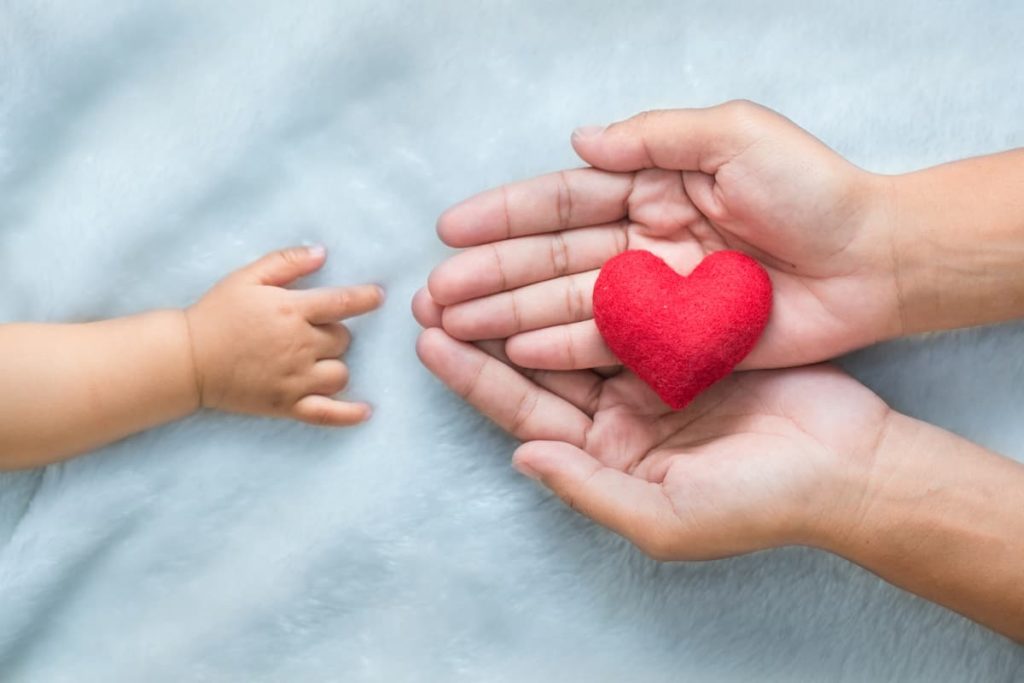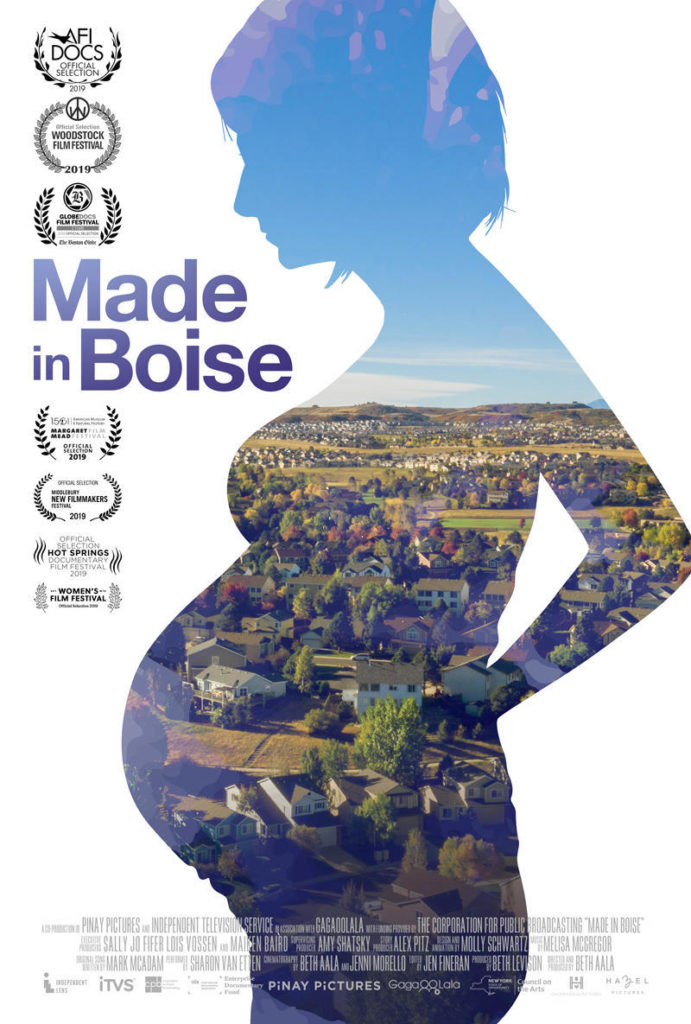In this video I explain that a donor is either eligible to donate or not; it is very rare for a donor and her recipient to be a carrier for the same genetic condition. Blood type does not present a conflict either.
Read More

In this video I explain that a donor is either eligible to donate or not; it is very rare for a donor and her recipient to be a carrier for the same genetic condition. Blood type does not present a conflict either.
Read More

Former NAFG client Laura Watson writes about her experience using an egg donor in this article in https://livingthesecondact.com.
My Journey From Infertility To Motherhood
Read MoreYou can donate outside your hometown: the travel is all expenses paid in advance. I describe the requirements in detail in this week’s video.
Read More
Some agencies advertise very low fees: they are probably not including all the costs that surrogacy entails.
Read More
Good surrogates are hard to find! They need to be thoroughly vetted before they are matched with intended parents. This first step takes an average of three months, then the whole process takes about a year (to get to the baby’s birth). Kathy Benardo from the Northeast Assisted Fertility Group explains the steps.
Read More

When I heard that there is a new documentary about surrogacy titled Made in Boise, I wasn’t sure what to think or expect. As a long time supporter of surrogacy, I have come to brace myself for such critical comments as “surrogacy exploits women” or “it’s a way rich people can make babies.” Hence it was with caution and a “wait and see” approach that I ventured off this week to a screening of Made in Boise at a Boston Globe documentary film festival.
So here is the good news: Made in Boise presents a largely positive picture of surrogacy. The beautifully filmed and edited documentary follows four gestational carriers, all level headed, responsible, caring and compassionate women. Like the “GC’s” I have known, they are good communicators who genuinely like and care for their “IP’s.” Similarly, the IP’s—a gay couple, a single man and two heterosexual couples—all have compelling reasons for seeking surrogates and all interact with their GC’s with kindness and respect. And without giving too much of the story away, the collaborative efforts of GC’s and IP’s bring healthy and long awaited babies into the world.
Although I enjoyed the film and left the theatre pleased that surrogacy was presented in such a positive way, my reaction to Made in Boise was not all positive. Having worked in the field for many years, I know that surrogacy is complicated. In my experience, women who become GC’s think about it for many years and go through an arduous screening process before being matched with IP’s.
Read More
There is a base cost of about 15K for an IVF cycle but beyond that, there is a range of costs for donor eggs depending on which option you choose. Frozen eggs are generally cheaper than fresh but the selection is limited.
Read More
Egg freezing for fertility preservation is aggressively marketed to young women, but is it worth the cost? I discuss the statistics in this week’s video.
Read More
https://www.cnn.com/videos/us/2019/09/12/nj-couple-fertility-clinic-lawsuit-orig-vstop-bdk.cnn/video/playlists/top-news-videos/
I used to reassure worried intended parents that gamete mix-ups and losses were exceedingly rare and not something to be stressed over [there are so many more common disruptions with assisted reproduction cases to be more legitimately on guard about]. But we have seen, much to my and many other people’s dismay and shock, more than just one isolated instance recently of an IVF lab making a critical mistake in labeling and/or transfer of eggs/sperm/embryos, along with several large-scale cases of embryos being destroyed due to technological failure. These devastating situations are deserving of further scrutiny and evaluation of safeguards and protocols to determine what measures need to be implemented in order to eradicate them from happening.
Interesting to note that racial disparity is often the cause for suspicion with intended parents in a sperm, egg or embryo mix-up case. I am concerned about Caucasian gametes which may be inadvertently substituted for other Caucasian gametes, with less of a visual indicator as a result. Lab policies and redundancies are strict and careful across the board – these catastrophic results should just not be happening with this level of frequency.
Read More
Don’t be scared by crazy internet stories! Egg donation is safe if done properly: there are tens of thousands of these types of procedures (not only for egg donors but for women who do IVF to have children using their own eggs) done in the US every year. Here i explain the most common complication, called ovarian hyperstimulation syndrome (OHSS), which has been less common as protocols have evolved.
Read More
Inherited – A disease or characteristic that is transmitted through genes from parents to offspring. Inheritance patterns include the following:
Sources and additional information:
Cancer
Heart
Blood
Respiratory
Gastrointestinal
Metabolic/Endocrine
Urinary
Genital/Reproductive
Reproductive Outcomes
Neurological
Mental Health
Muscle/Bone Joint
Sight/Sound/Smell
Skin
Congenital Abnormalities/Birth Defects
Chromosomal Abnormalities
Genetic History